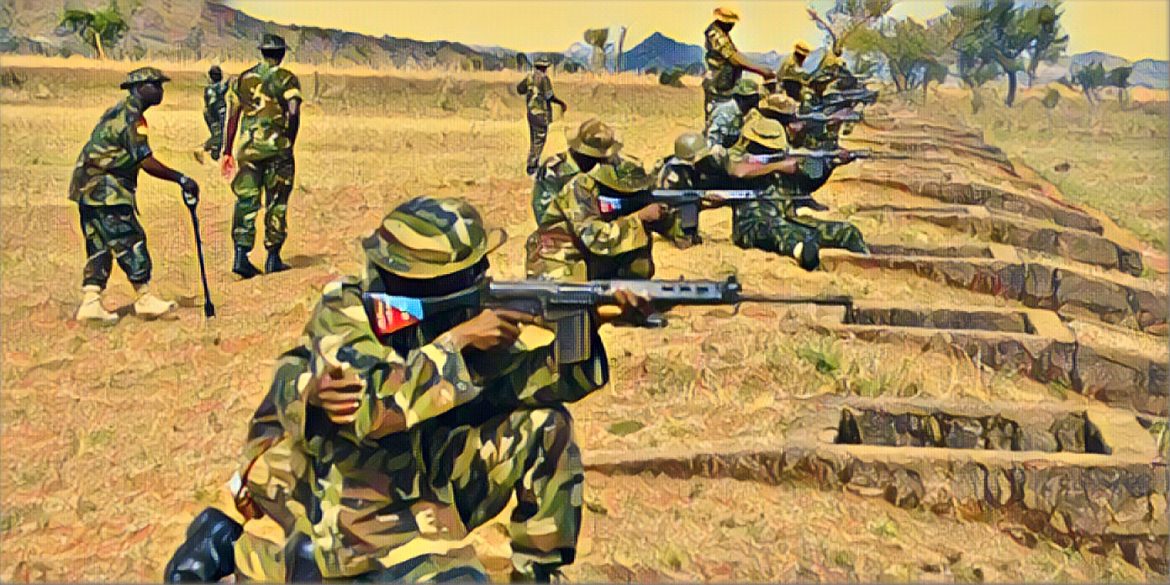The Nigerian military has been enduring a grave period over the last eight months, during which over fifty of its officers and soldiers have tragically lost their lives in ambushes executed by bandits and other criminal elements. This ongoing crisis highlights significant vulnerabilities within Nigeria’s security framework and calls for an urgent need to reform national security strategies.
The frequent ambushes targeting military personnel not only undermine the morale of the forces but also expose the critical challenges in intelligence and operational strategies. For instance, the death of a senior Army commander in Katsina State, who was killed while responding to a distress call, underscores the perilous conditions under which these soldiers operate. These incidents are symptomatic of broader security challenges, including the coordination and response capabilities of the military against asymmetric warfare tactics used by non-state actors.
The recurring nature of these ambushes suggests a pattern of intelligence failures and possibly, internal compromises. The fact that soldiers are frequently caught off-guard indicates gaps in intelligence gathering, risk assessment, and the dissemination of information within the military structures. Moreover, the military’s approach to managing information about casualties, which is often withheld from the public to maintain morale and operational security, may also contribute to a lack of accountability and insufficient public scrutiny of military strategies and tactics.
The Nigerian government and military leadership have repeatedly vowed to address these challenges and reassert control over the affected regions. However, promises of retaliation and reform have yet to yield significant changes on the ground. The establishment of protocols like the Schools’ Protection Squad under the Safe School Initiative is a step towards specific tactical responses but falls short of addressing the larger strategic deficiencies that allow such attacks to continue.
The impact of these losses is profound, extending beyond the immediate bereavement of the families and colleagues of the fallen. It affects the overall effectiveness of the military and the morale of the troops. Each soldier lost not only represents a human life but also years of investment in training and expertise that are vital for the operational capacity of the military.
The involvement of the Civilian Joint Task Force (CJTF) in combating these threats highlights the community’s role in security matters but also points to the insufficiency of formal security mechanisms. The death of 23 CJTF members in separate incidents illustrates the severe risks faced by these civilian collaborators and raises questions about the sustainability and ethics of relying on non-military personnel for security tasks.
Experts like Frank Oshanugor and Chukwukasi Oji emphasize the need for a comprehensive overhaul of the national security strategy. They advocate for a more robust engagement of various components of the military, including the Air Force, to deliver decisive blows to insurgent groups. Moreover, the calls for the Nigerian Air Force to intensify air strikes suggest a strategic pivot towards using superior technology and aerial capabilities to counteract guerrilla tactics.
The ongoing security dilemma posed by bandit attacks and terrorism has far-reaching implications for national stability and development. A more aggressive approach to reforming the military’s strategic and tactical frameworks is essential. This includes enhancing intelligence capabilities, integrating advanced technology, and improving the welfare and training of the troops to boost morale and effectiveness.
Moreover, establishing a clear, accountable framework for military engagement, with strict adherence to human rights standards, is crucial. This should be complemented by efforts to address the root causes of insurgency, such as poverty, unemployment, and social injustice, which fuel the recruitment and support of criminal groups.
In conclusion, while the Nigerian military faces daunting challenges, the path forward requires a multi-faceted strategy that combines tactical superiority, strategic foresight, and socio-economic reforms. Only through a comprehensive and sustained effort can the cycle of violence be broken and a more secure future for Nigeria be assured.
Source: The Guardian


